Pier 42
Pier 42 is our beautiful boutique hotel and spa (which uses – yes, you’ve guessed it – Siam Botanicals products!) on Phuket island. Whether you’re based in Thailand and looking for a great spot for a relaxing weekend getaway, or live further afield and are planning a holiday of a lifetime travelling around southeast Asia, our staff would love to welcome you to Pier 42. They pride themselves on their warm hospitality and the excellent service they offer to guests; they are always prepared to go the extra mile to help and advise you during your stay.
Just a five-minute walk from Chalong Pier – very convenient for divers and those wishing to take a boat trip to Phi Phi island – Pier 42 was a disused property that we renovated in keeping with our ‘green’ principles, with great care being taken to minimise our impact on the environment. Existing structures were retained and restyled with recycled hardwood floors, reclaimed doors and windows, and locally handcrafted encaustic and terracotta tiles.
The hotel’s 25 guest rooms and public areas feature restored teak wood furniture and ornaments, carvings, paintings and photography by local artists, creating an eclectic but homely style that is unique to Pier 42.
But those little luxuries we’ve come to expect have certainly not been forgotten – features such as flat-screen TVs, free wifi and iPod docking stations come as standard, and our café and lovely saltwater pool with Jacuzzi are both very popular spots.
You can even indulge in a spot of retail therapy at our Made In Siam store, which stocks clothes, ceramics, jewellery, linens, home furnishings, furniture and curios – all made in Thailand, of course.
Pier 42 is a diver-friendly hotel; in fact, situated within the resort is our Ocean Store, which has a wide selection of scuba, snorkelling and water sports equipment, with special discounts available for Pier 42 guests.
The spa
Most importantly – for the purposes of this blog, anyway! – Pier 42 also boasts a beautiful spa (did I already mention that?!), with four treatment rooms set within the hotel’s tropical garden. The treatments all use our 100% natural Siam Botanicals products, and the extensive massage menu includes our signature four-step organic facial; a body polish with peppermint and honey; a body wrap with yoghurt, banana and honey; and an aromatherapy massage with a choice of oil blends. If you enjoy your experience – and we are sure that you will – you can also buy some of our products to take home with you.
So what are you waiting for?! Book yourself in and expect to be pampered from head to toe!
The reviews
Here’s what some of our guests have said about Pier 42:
“My first impression was wow! It’s got some real character – an old wooden structure made into a chic modern hotel.”
“I have lived in Thailand for 10 years and have experience of many hotels and resorts, but must say Pier 42 was probably the most unique I have been to. The decor and style of the place are amazing and it feels more like an eccentric, luxury home than a hotel.”
“The all-natural spa products promoted by the hotel are amazing – true commitment to healthy safe products and the most adorable complimentary shower kits for guests.”
“The staff were very helpful and the spa treatments and service on offer were right up there with any top international hotel spa at a much lower price.”
“The bathrooms […] come with complimentary toiletries. These were lovely – called Siam Botanicals and totally natural. They sell the products in the shop and I bought lots to take home they were so nice on my skin.”
“They have an all-natural organic spa and give you a trial-sized pack of some of their items free with your stay. I loved them and I'm VERY picky about my toiletries. No chemicals, fake fragrances or greasy stuff here! I bought some to take home […]. I had a massage and it was fantastic. Not ‘autopilot’ like most massage places Thailand. She tailored it to me and worked on my bad spots.”
“My friend and I had an aromatherapy massage and it was just bliss […]. I have had many massages and this one was one of the best.”
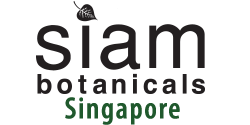
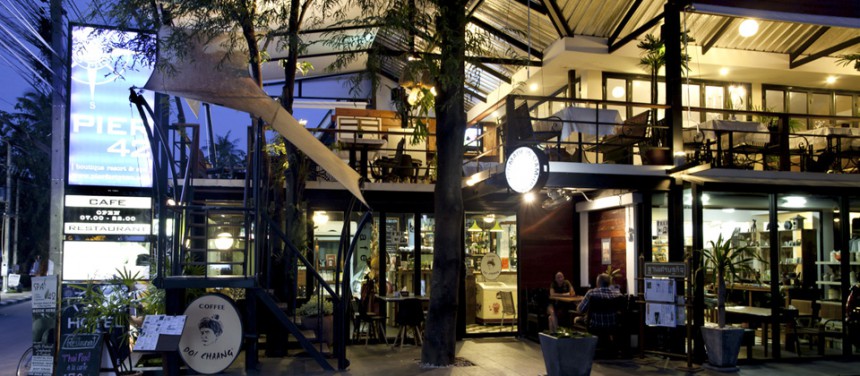

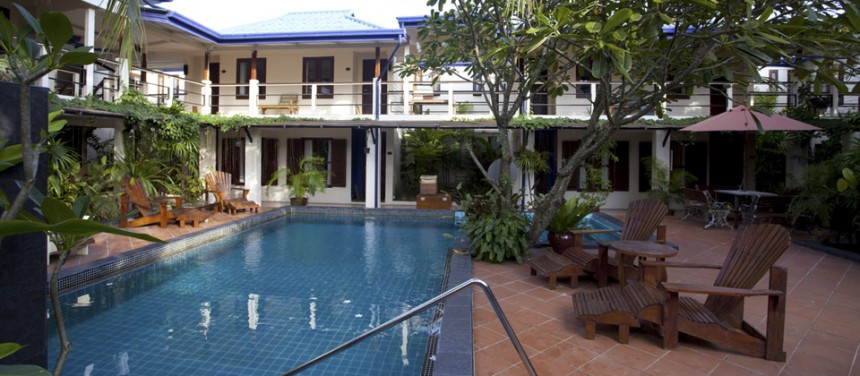
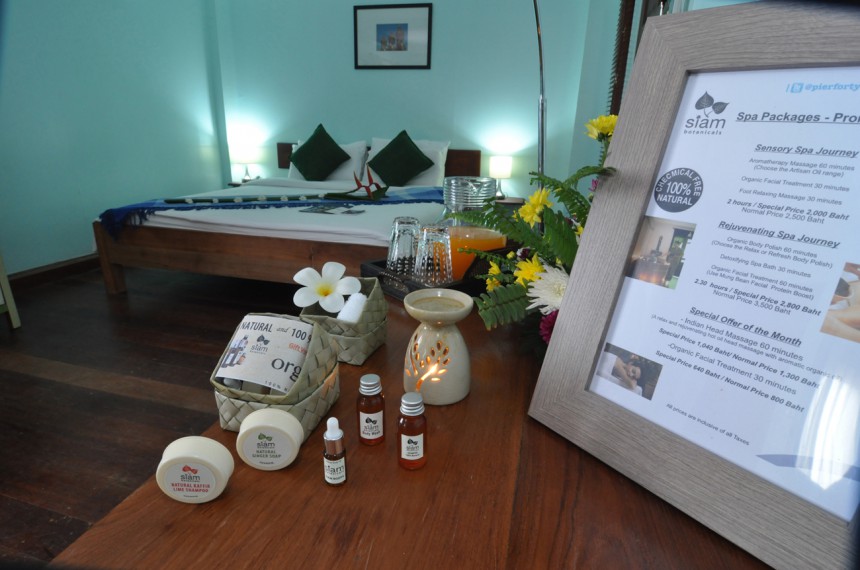
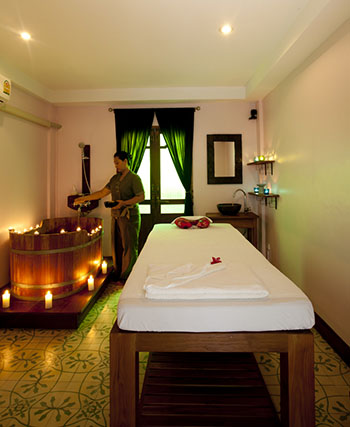
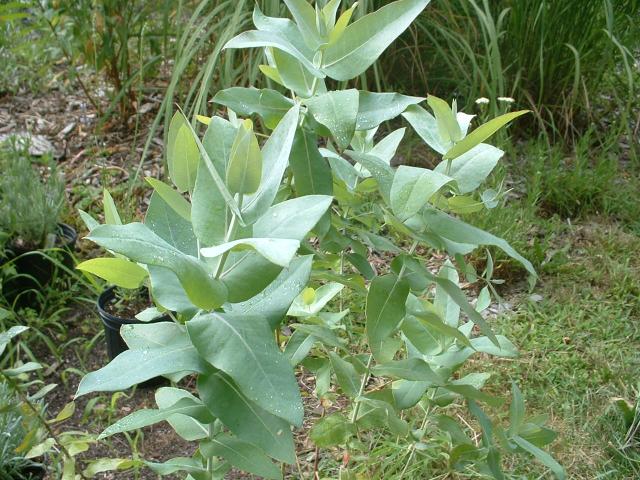
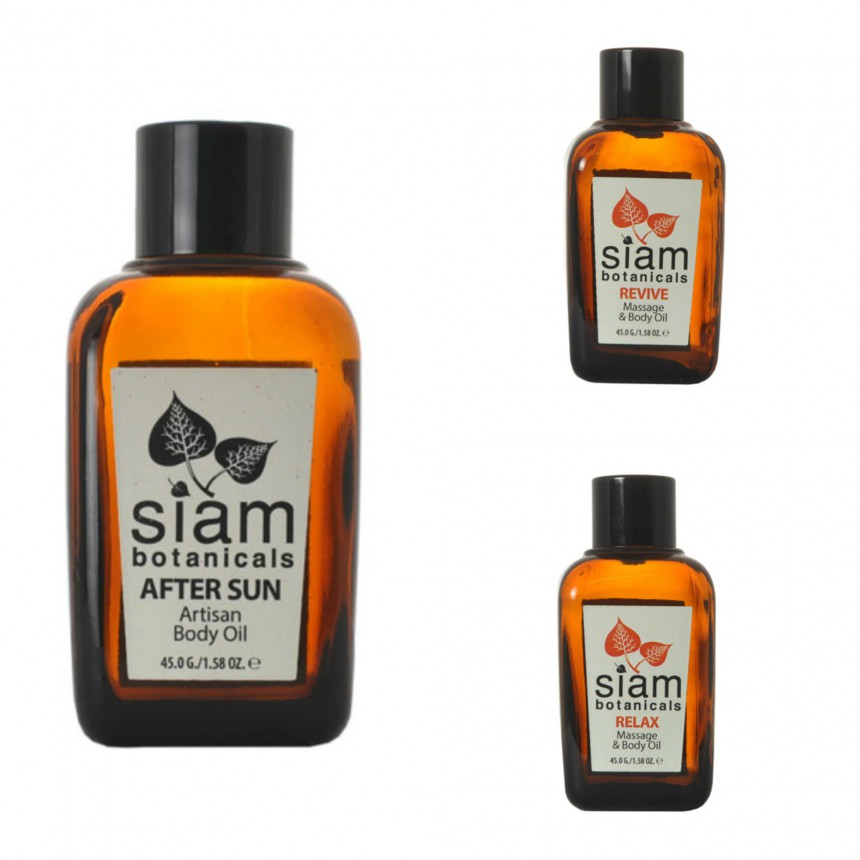
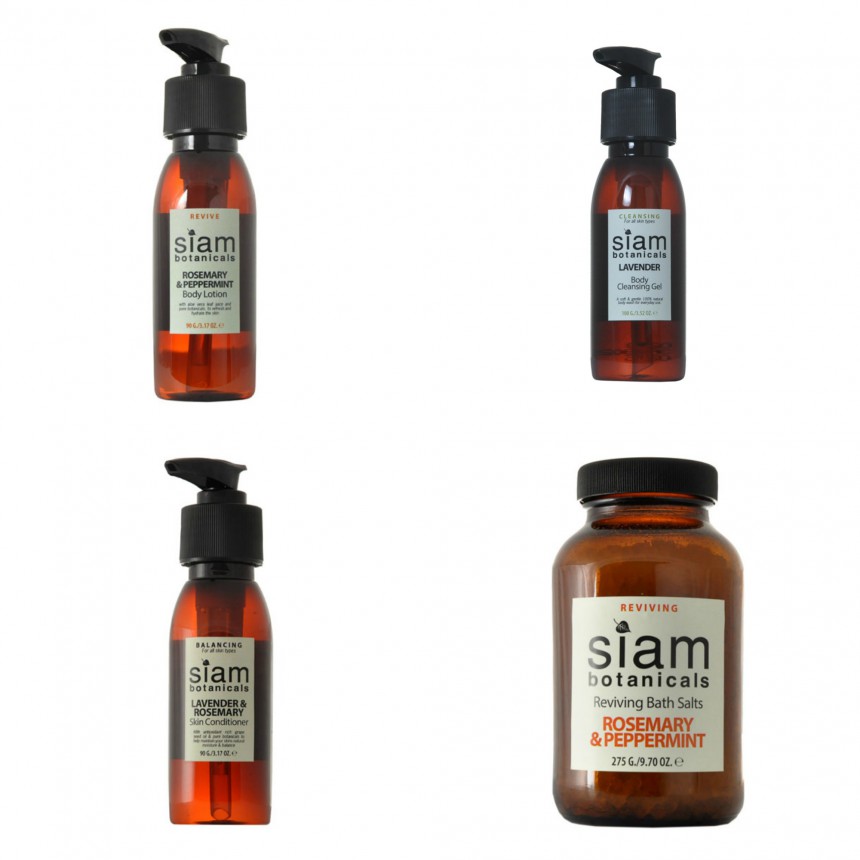
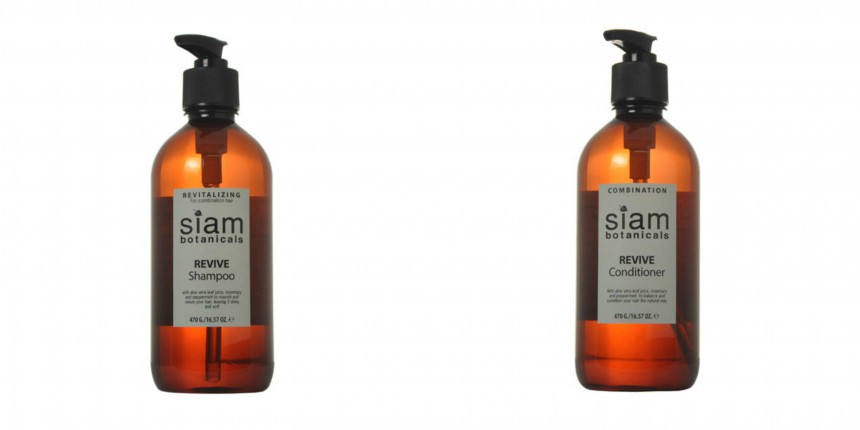
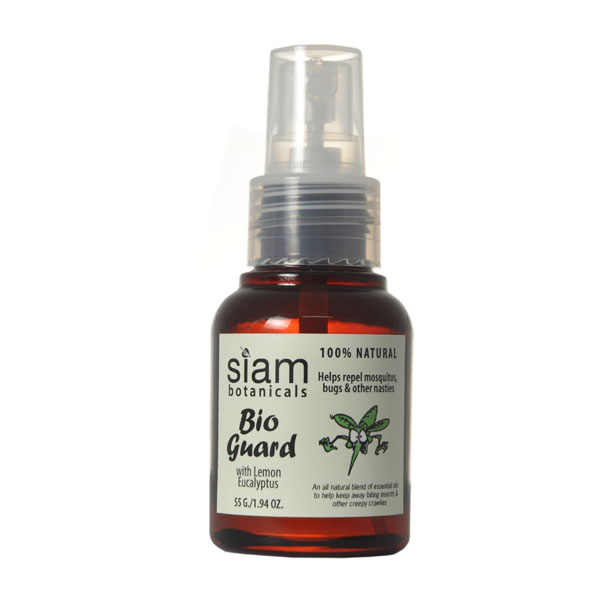
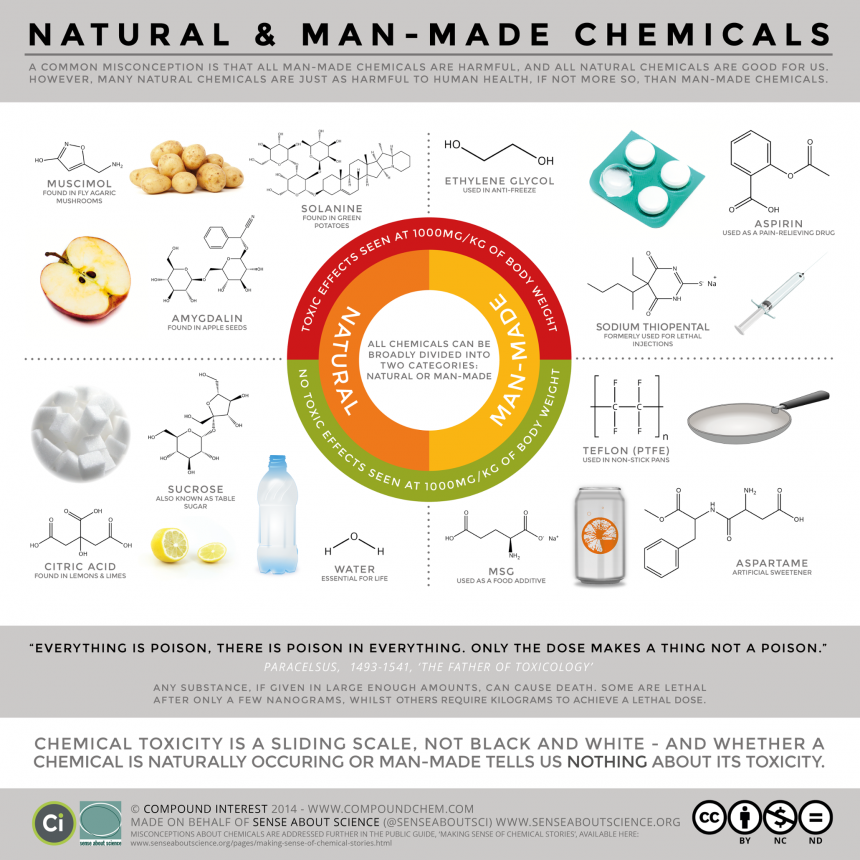
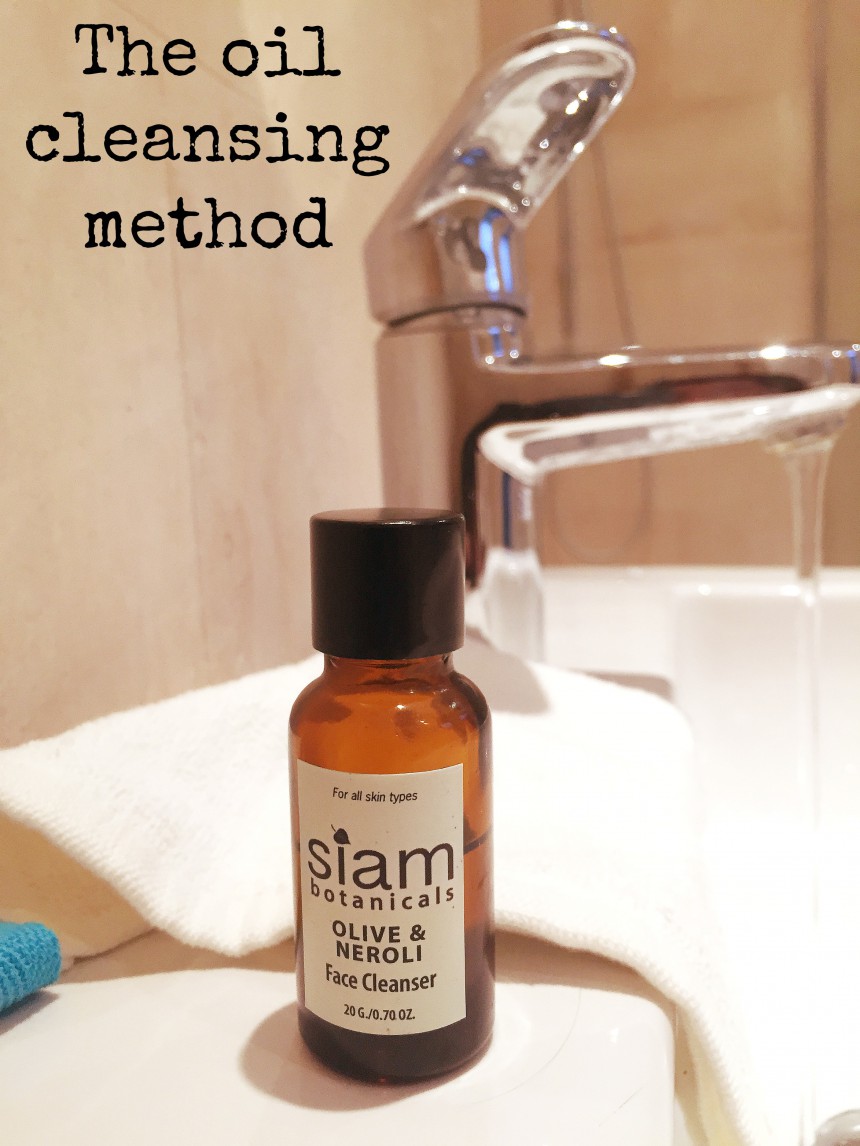
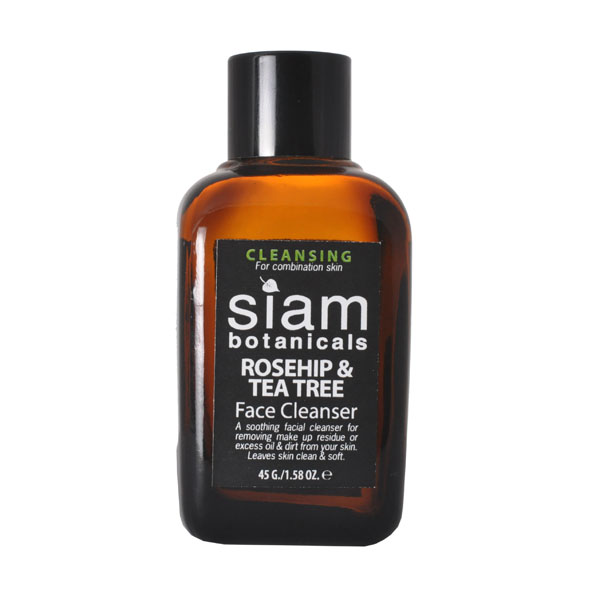
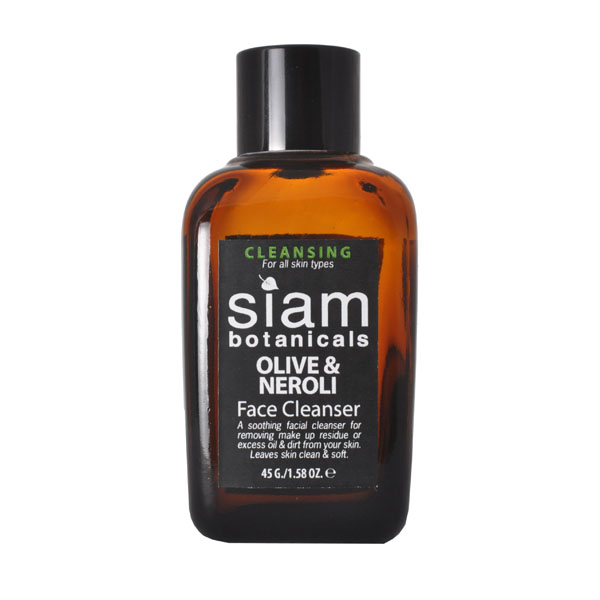
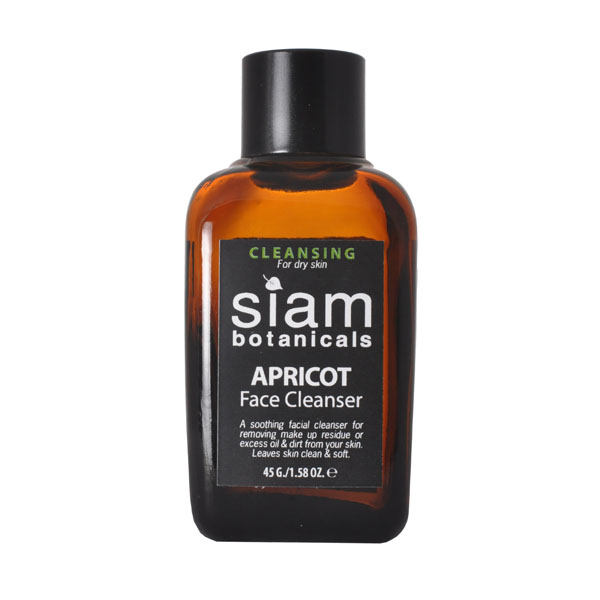
 Business in Heels (BIH) is Australia’s premier business networking group for women, and this year, thanks to Nicola Jones-Crossley, it has arrived in Bangkok. BIH aims to connect like-minded businesswomen and provide them with opportunities to meet, socialize and share ideas with one another at informal meet-ups.
Business in Heels (BIH) is Australia’s premier business networking group for women, and this year, thanks to Nicola Jones-Crossley, it has arrived in Bangkok. BIH aims to connect like-minded businesswomen and provide them with opportunities to meet, socialize and share ideas with one another at informal meet-ups.
No comments yet